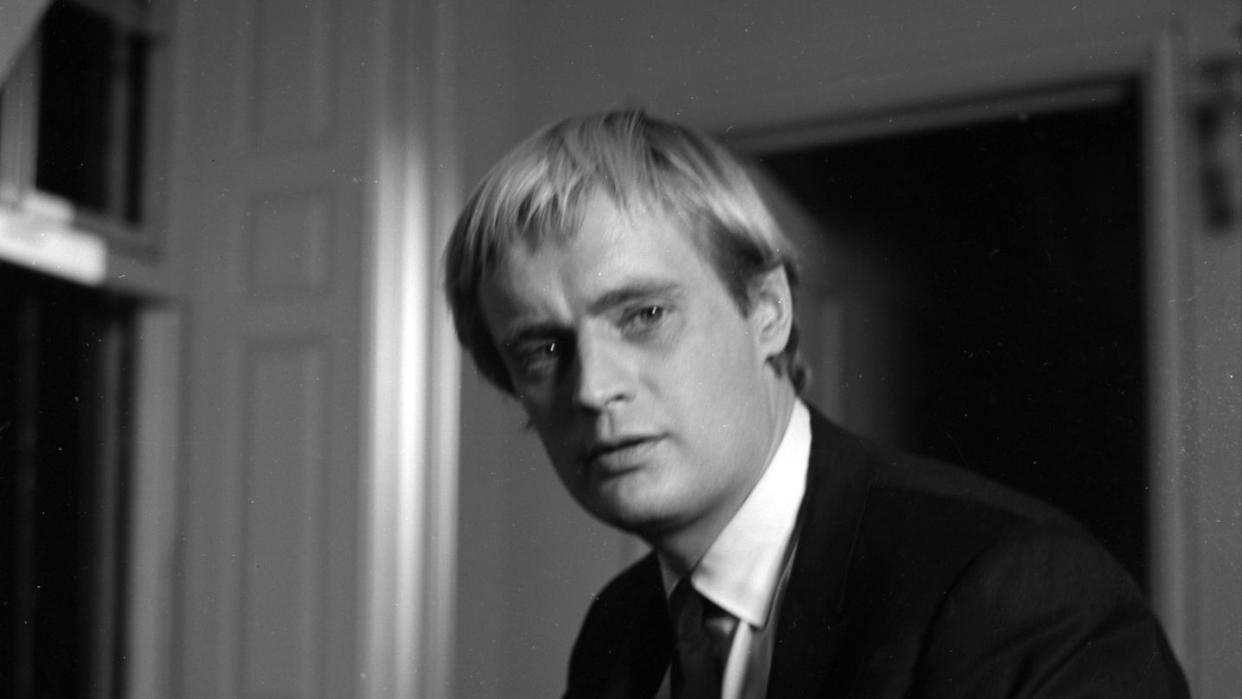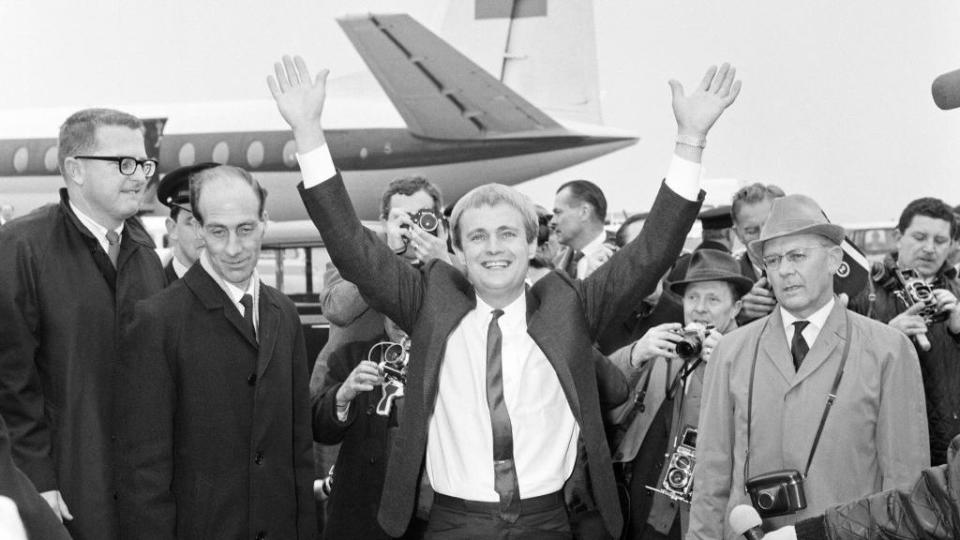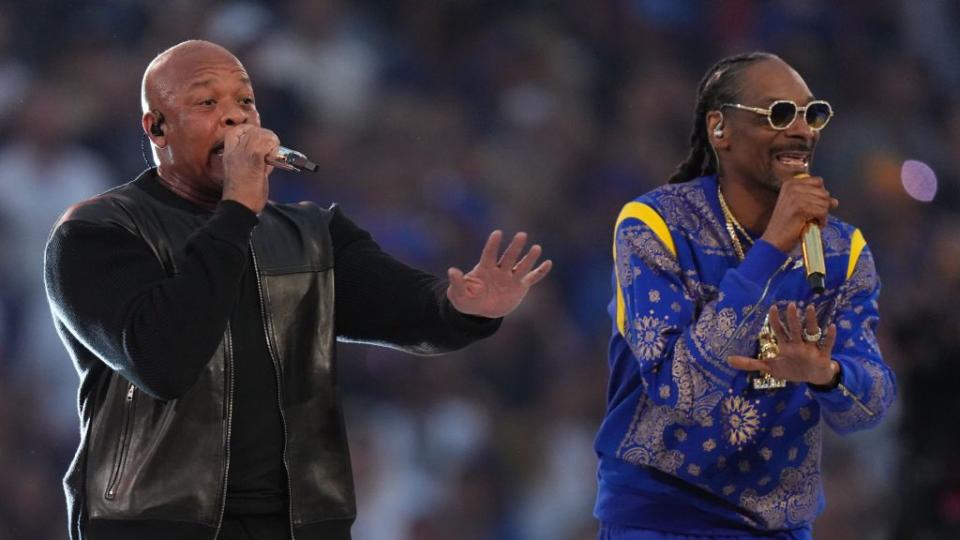How ‘NCIS’ Actor David McCallum Contributed to One of Dr. Dre’s Biggest Songs

- Oops!Something went wrong.Please try again later.
David McCallum became a celebrated actor in all its forms, starring in the hit TV series The Man from U.N.C.L.E. and NCIS, as well as on the Broadway stage and in memorable movies like 1963’s The Great Escape.
He was also a talented musician responsible for one of the most recognizable hip-hop melodies of all time.
Long before the Scottish-born McCallum—who died of natural causes at age 90 on Monday—played medical examiner Dr. Donald “Ducky” Mallard on NCIS, he recorded instrumental music albums as his acting career began to receive widespread acclaim in the 1960s. One of his arrangements, “The Edge,” became the basis for the sample anchoring Dr. Dre and Snoop Dogg’s 1999 hit song “The Next Episode.”
As it turns out, Dre and Snoop aren’t the only big artists who owe part of their success to McCallum. Here’s how he became a permanent part of music history.
McCallum’s Music Background

McCallum was born into a musical family in Glasgow, Scotland, in 1933. His mother, Dorothy Dorman, was a cellist, and his father, David McCallum Sr., was an orchestra leader who helmed the London Philharmonic starting in 1936. After his father polled friends about what instrument his son should try, young David began playing the oboe around age 6 or 7.
McCallum told The Scotsman in 2010 that his father would practice the violin incessantly, and music was omnipresent in his life. His parents only assumed he would follow them into the family business, including by preparing for a music career as a student at University College School, the London day school where McCallum earned a scholarship.
However, he caught the acting bug as a child while playing The Little Prince from William Shakespeare’s King John at a local variety show. “[My act] was the little prince having his eyes put out by this terrible man, and I acted it, evidently, very well because I got a standing ovation. I wasn’t more than 8,” he said. “And I said: ‘Hey, hey, hey, this is kinda cool!’ I don’t know if I consciously thought it, but I had found the place I wanted to be: on a stage, with the lights, and make-up, and the people.”
Given how his career turned out, it’s safe to say McCallum was right. But his musical training eventually paved the way for “The Edge” and all its future iterations.
“The Edge” and Its Lasting Musical Impact

Amid his run on U.N.C.L.E., for which he received two Emmy nominations, McCallum released four albums of instrumental music for Capitol Records with producer David Axelrod between 1966 and 1967. One of those was Music: A Bit More of Me, on which he covered songs by artists such as The Beatles and Stevie Wonder, as well as the theme from the Batman TV show.
But the second-to-last track, “The Edge,” would become the most famous and the basis for dozens of music samples in the decades since. The biggest was 1999’s “The Next Episode,” which enhanced McCallum’s arrangement for its opening sequence and added Snoop Dogg’s instantly recognizable “La da da da dah” lyrics.
The song peaked at No. 23 on the Billboard Hot 100 songs chart, has been streamed nearly 874 million times on Spotify, and continues to appear in popular culture. Most recently, it served as the opening track for Dr. Dre and Snoop Dogg’s performance at the 2022 Super Bowl LVI halftime show.
According to music database WhoSampled, “The Edge” has been sampled in 43 songs total, including by the artists John Legend, Kendrick Lamar, and Kevin Federline. Meanwhile, the original version was part of the soundtrack for the critically acclaimed 2017 movie Baby Driver.
McCallum’s legacy is sure to endure not only because of his iconic acting roles, but also due to his influence in popular music.
You Might Also Like

